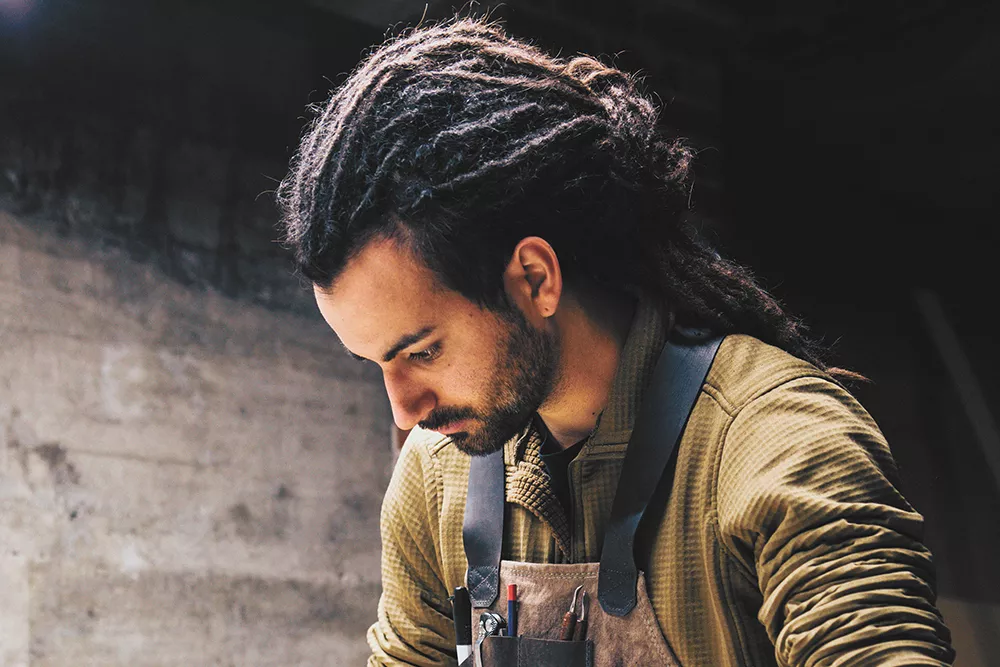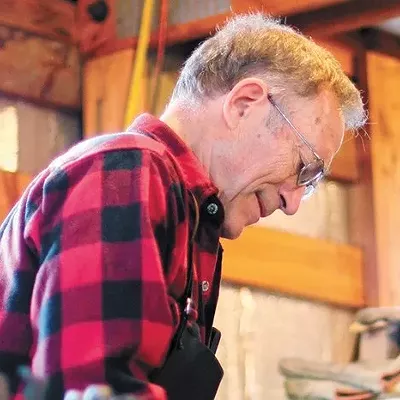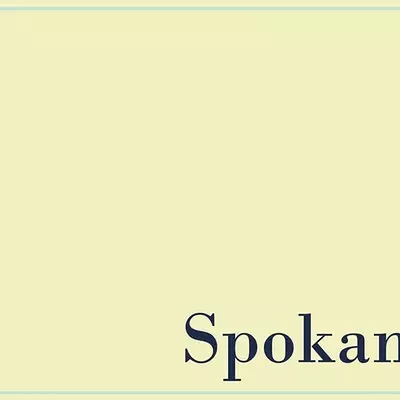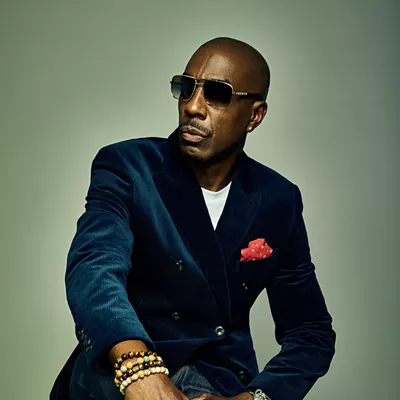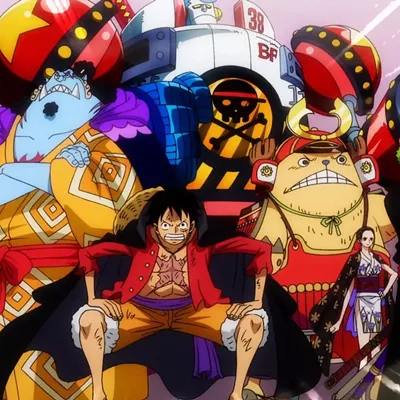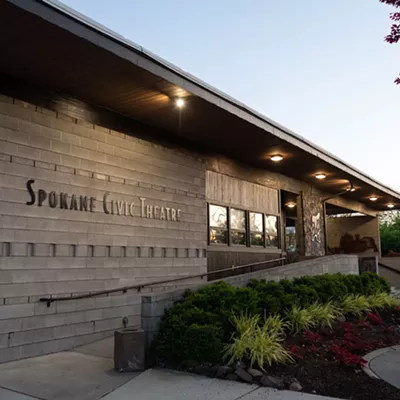Jeremiah Colladay admits somewhat sheepishly that he doesn't fit the description of an outdoorsman who lives on the frontier — despite the rugged leather accessories inundating his workshop that he's poured his heart and soul into — and you likely won't see him wearing a cowboy hat. "I've got dreadlocks and brown skin," he jokes.
But he appreciates the ruggedness and grit of the American West, and it shows in his work.
For the past two years, he's been the namesake behind Colladay Leather, where he turns huge sheets of cowhide into belts, guitar straps, journal bindings, bracelets and more, all with elaborate illustrations and warm tones. He's not a cowboy, but he's carved himself a spot in that subculture as a craftsman, artist, guitarist, Christian and entrepreneur.
"I love the culture," he says. "I love the material and there's just so much you can do with leather."
Originally from Florida, Colladay, 31, moved to Eastern Washington with his wife about five years ago after the two met at a Bible institute. He took up an apprenticeship at Holstine Saddlery in Deer Park where he was formally trained in leather craft, learning the tradition, the techniques and the tools, and later using those to create a unique "PNW-type feel," he says.
Leather, he says, is a very practical, long-lasting material that's been in demand for thousands of years.
"It's something that if you take care of it, it will last a very long time," he says. "The amount of creativity and the things you can do with it are kind of endless. The functionality of it, the nostalgic feeling you get when you pick up something leather and you can smell it and hold it and feel it and know that it's going to get broken in over time and mold to you."
In this digital, globalized world we live in, stepping into Colladay's workshop is a bit like taking a step back in time. Located on the Commellini Estate, a popular wedding venue north of Whitworth University, a strip of fur lines the simple wooden door to help insulate the place. The rich scent of leather fills the space.
An old stereo near Colladay's workbench jams a live recording of an Amos Lee song. Picking up one of his metal tools, he sets to work, with a discerning eye trained on a strip of leather.
In this instance, Colladay uses a mallet and a small metal tool to pound the shape of a tall and skinny evergreen tree into the length of a leather guitar strap. He uses a heavy chunk of tombstone to deepen the impression on the leather. The dark ink he later paints into the strap gives the tree a burnt-black look — like a Northwest wildfire, as one customer remarked.
"Tattooing is a very similar process. I dabbled with it a little bit just in my own house ... where you have your line work and you go through with your shade work or color," he says. "The art side of [leather] is very similar. To be able to apply the art style to something functional, it's like a functional art."
Using "swivel knives," "bevelers," "shaders" and "backgrounders" Colladay impresses ornate filigree into the leather. Much of the leather-carving process requires intense attention to detail, from start to finish: cutting the hide, applying water to make it malleable, tracing over it with the design, carving out the designs, shading, hammering, dying, oiling and sewing. But like any art, leathercraft requires an intuition, too, he says. If you make a mistake, you might not be able to reverse it.
"You've got one shot at making the cut," Colladay says. "It's unforgiving."
Colladay still opts for a flip phone. He's quick to add that he doesn't think he's "better than anyone else" because of that, though. Some family members recently caved and gave him an iPhone to help with the business side of things.
That's been one of the biggest struggles, he says. Business. His products aren't exactly cheap. A guitar strap could easily run well past $200. But the materials he uses aren't cheap, either, and he spends a lot of time making them. So far, he's been able to make things work, though it's been a learning experience, and he credits his wife for keeping him motivated.
He also gives a lot of his credit to his faith. Colladay doesn't avoid talking about religion — asking me, at one point, "Do you believe in God, man?" — but he isn't the type to shove it down your throat, either. He grew up with religion, fell out of religion, and ultimately came back to having a "relationship with God," he says. Each fork in the road and each opportunity he and his wife have stumbled upon have been small miracles, he says. His wife, Erin Colladay, works as the manager at From Here (formerly the Pop Up Shop). The two are expecting their first child in September. "It's in God's timing," he says. "It's not up to me."
"I love doing what I'm doing and I want to make a living out of it. I'm not out hoping someday I'm gonna make it. I'm just gonna work hard and I know it's gonna take time and I want to build a brand." ♦
Find Colladay Leather products online at colladayleather.com and at From Here, located in River Park Square in Spokane.

